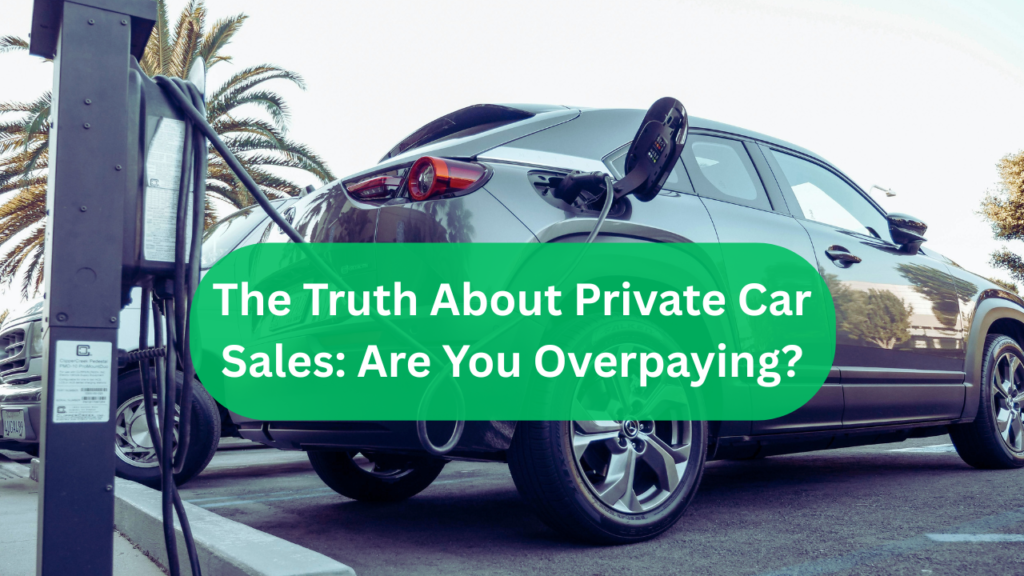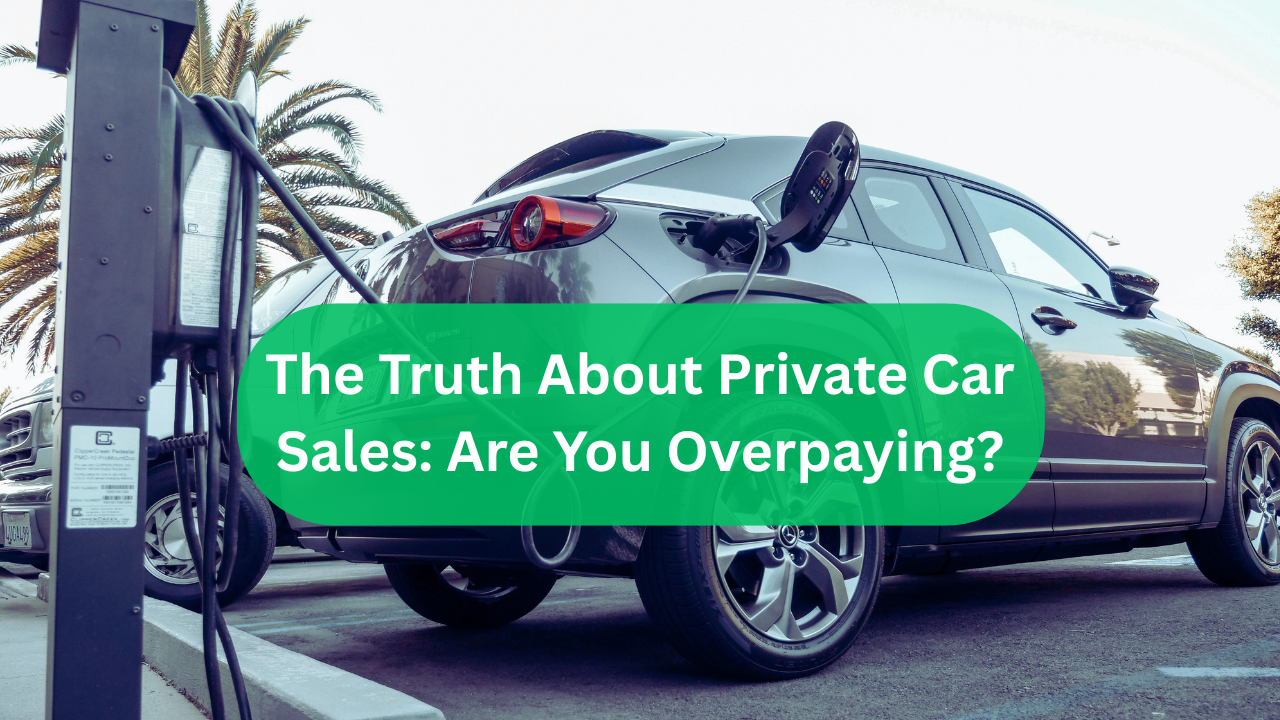
1. “The Hidden Costs of Private Car Sales: What You’re Really Paying For” 💸
When buying a car from a private seller, the sticker price is just the beginning. Here’s what you might be overpaying for:
- Undisclosed Repairs: Private sellers often skip mentioning hidden damages or mechanical issues, leaving you with ₹50,000–1 lakh in unexpected repairs.
- No Warranty: Unlike dealerships, private sales rarely include warranty coverage, meaning you’re on the hook for post-purchase fixes.
- Title Transfer Fees: Many buyers forget to account for registration fees, which can add ₹10,000–20,000 to the total cost.
Pro Tip: Always negotiate based on the car’s condition and potential repair costs. A Delhi-based buyer saved ₹75,000 by pointing out worn tires and a faulty AC during inspection.
2. “Dealer vs. Private Seller: Which One Saves You More Money?” 🚗
Private Seller Pros:
- Lower Prices: Private sellers often list cars 10–20% cheaper than dealerships to avoid overhead costs.
- No Middleman: You’re dealing directly with the owner, eliminating dealer markups.
Private Seller Cons:
- Limited Accountability: Private sellers aren’t bound by consumer protection laws, leaving you vulnerable to fraud.
- No Trade-In Options: Unlike dealerships, private sellers don’t offer trade-in deals, forcing you to sell your old car separately.
Pro Tip: Use platforms like OLX or CarDekho to compare prices and ensure you’re not overpaying.
3. “How to Spot a Scam: Red Flags in Private Car Sales” 🚩
Private car sales are ripe for scams. Here’s what to watch out for:
- Fake Listings: Scammers often post too-good-to-be-true deals to lure buyers. Always verify the seller’s identity and car details.
- Title Issues: Ensure the car has a clean title and isn’t stolen or salvaged.
- Pressure Tactics: Scammers may rush you into a decision. Take your time to inspect and test drive the car.
Pro Tip: Use CARFAX or AutoCheck to verify the car’s history and avoid costly mistakes.
4. “The Smart Buyer’s Checklist: How to Avoid Overpaying” ✅
Follow these steps to ensure you’re getting a fair deal:
- Research Market Prices: Use tools like Kelley Blue Book or IndianBlueBook to determine the car’s fair market value.
- Inspect Thoroughly: Check for rust, fluid leaks, and engine noise. Bring a mechanic if possible.
- Test Drive: Pay attention to braking, acceleration, and steering responsiveness.
- Negotiate: Use any flaws or repair needs to lower the price.
- Verify Documents: Ensure the RC, insurance, and PUC are valid and up-to-date.
Pro Tip: A Mumbai-based buyer saved ₹1 lakh by negotiating after discovering a minor engine issue during inspection.
5. “Post-Purchase Tips: Protecting Your Investment” 🔒
Once you’ve bought the car, take these steps to safeguard your purchase:
- Get Insurance: Ensure the car is insured before driving it home.
- Register the Car: Transfer the RC to your name within 30 days to avoid penalties.
- Schedule Maintenance: Address any minor issues immediately to prevent costly repairs later.
Pro Tip: Keep all transaction records and seller details in case of future disputes.

I simply couldn’t depart your web site prior to suggesting that I really loved the standard information a person supply in your guests? Is gonna be back continuously in order to inspect new posts